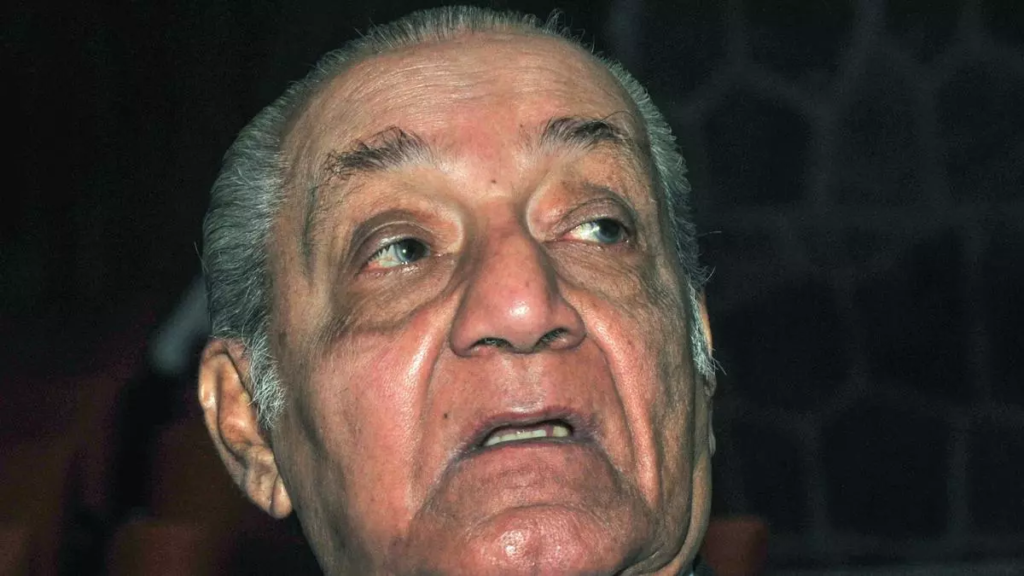Rehan Khan
Abdul Ghafoor Majeed Noorani, a distinguished constitutional expert, lawyer, and political commentator, passed away on 29th August in Mumbai at the age of 93. Noorani was a towering figure in Indian legal and political circles, known for his sharp intellect, deep knowledge of constitutional law, and his expertise on Kashmir and Article 370.
Born on September 16, 1930, in Bombay (now Mumbai), Noorani’s life was marked by a relentless pursuit of justice and knowledge. After attending St. Mary’s School, he earned his law degree from Government Law College, Mumbai, and soon began practicing at the Bombay High Court in the 1950s. His legal acumen quickly established him as a prominent advocate, both at the Bombay High Court and the Supreme Court of India.
Noorani’s profound understanding of the Indian Constitution made him a revered figure among academics, lawyers, and political leaders. His expertise extended to the complex issue of Jammu and Kashmir, where he played a significant role, especially after being introduced to the region’s politics by Mridula Sarabhai, a rebel Congress leader and ardent supporter of Sheikh Abdullah, the first elected Prime Minister of Jammu and Kashmir.
A defining moment in Noorani’s career came when he joined Abdullah’s defense team during the Kashmir Conspiracy Case in 1962. This involvement sparked his lifelong commitment to Kashmir, and his relationships with key Kashmiri leaders, such as Mirwaiz Farooq and Syed Ali Geelani, further cemented his reputation as an authority on the region. His dedication to the Kashmir issue extended beyond legal matters; it was deeply personal, with close connections to the Kashmiri culture and people.
Noorani’s influence was not confined to the courtroom. He was instrumental in drafting the “Kashmir Formula,” a peace plan proposed by Pakistan’s President Pervez Musharraf, which aimed to resolve the Kashmir conflict without altering territorial boundaries. His diplomatic skills and deep understanding of geopolitical complexities were evident in his ability to navigate delicate negotiations, earning him respect on both sides of the India-Pakistan border.
Throughout his career, Noorani was a staunch defender of civil liberties and human rights. His writings, often critical of government policies and the erosion of democratic values, resonated with a broad audience and influenced public discourse. His commentary appeared in numerous esteemed publications, including The Statesman, Frontline, and The Hindu, where his incisive analysis of legal and political issues left a lasting impact.
As an author, Noorani’s contributions were vast, with notable works such as The Kashmir Question, The Trial of Bhagat Singh, Constitutional Questions in India, and Article 370: A Constitutional History of Jammu and Kashmir. He also penned biographies of significant figures like Badruddin Tyabji and Dr. Zakir Husain.
The passing of A.G. Noorani marks the end of an era. His loss is deeply felt across the legal, academic, and political communities. His legacy, however, lives on through his extensive body of work and the profound impact he had on the legal landscape in India. Rest in peace, A.G. Noorani. Your contributions to justice and legal scholarship will not be forgotten.

